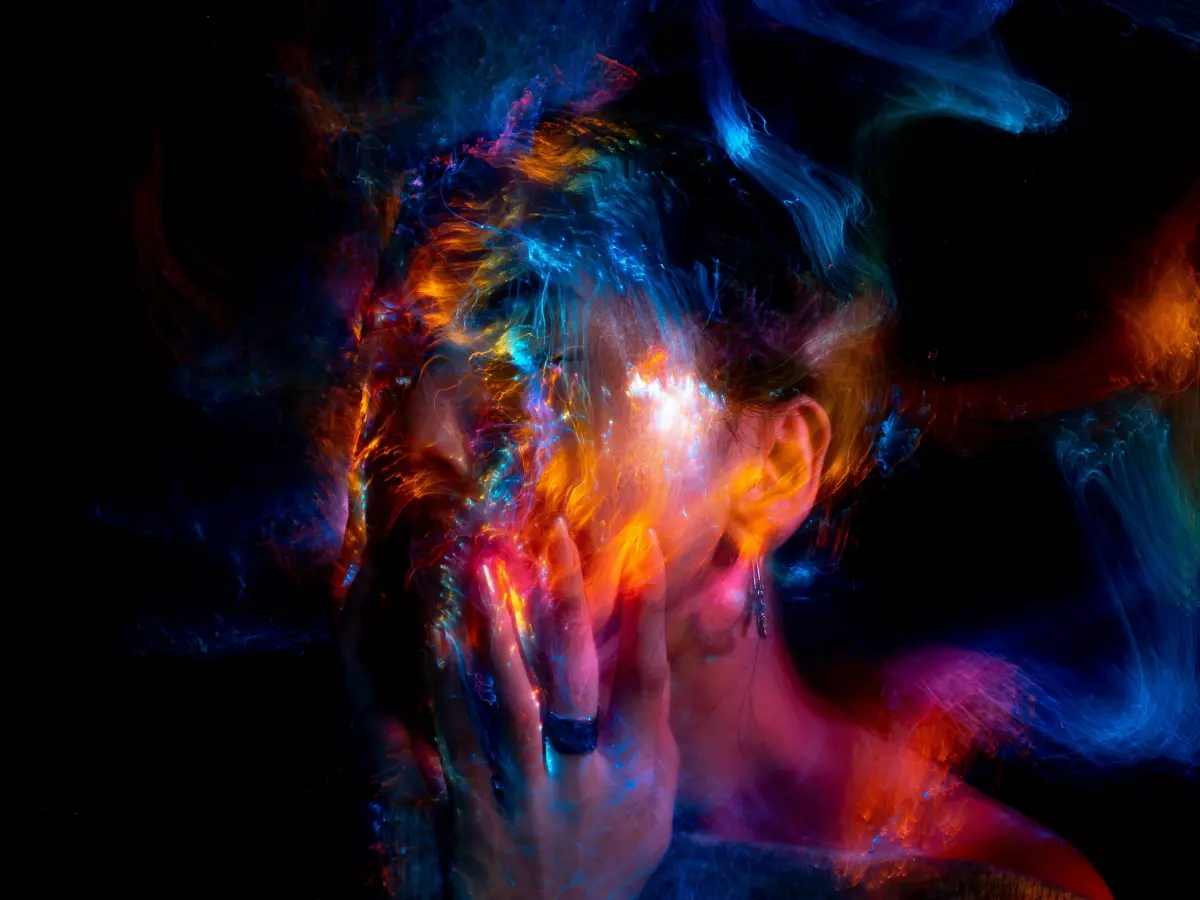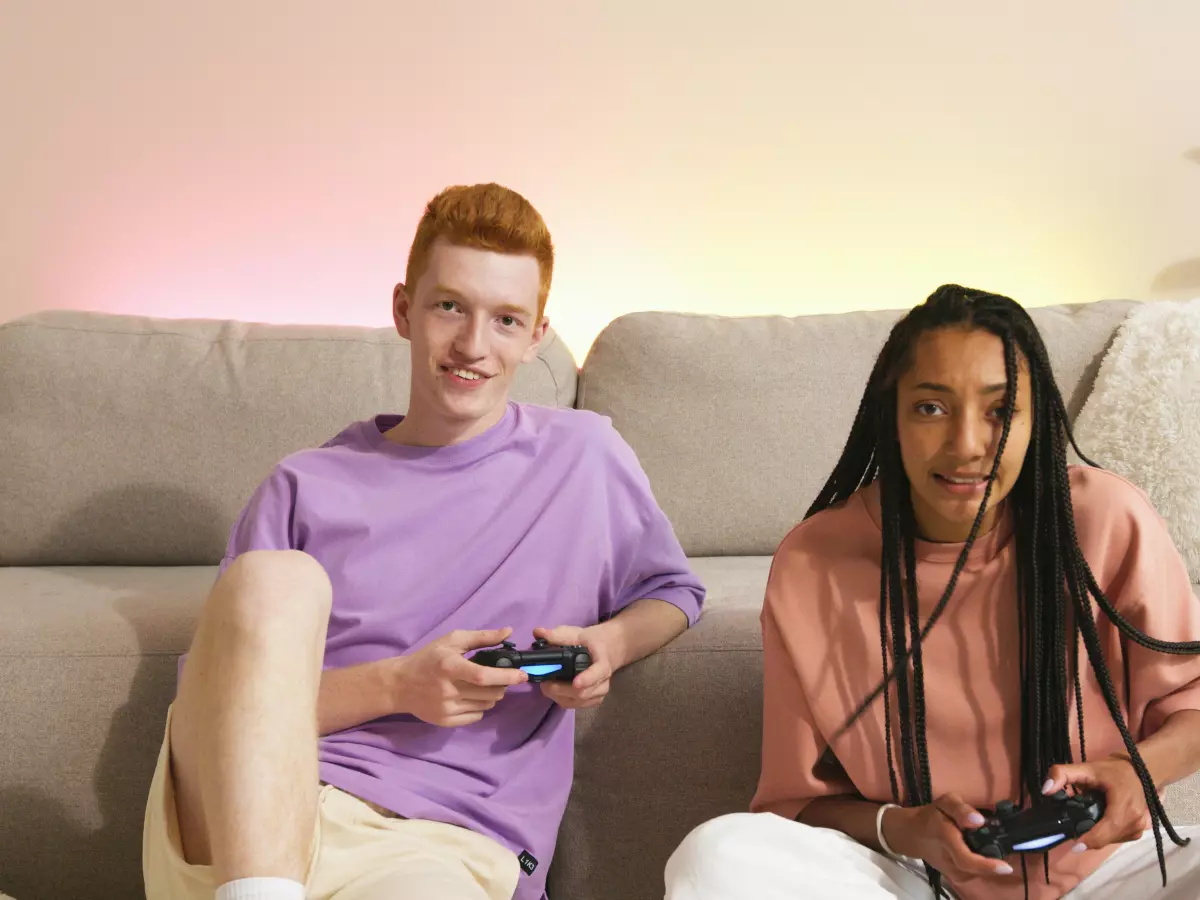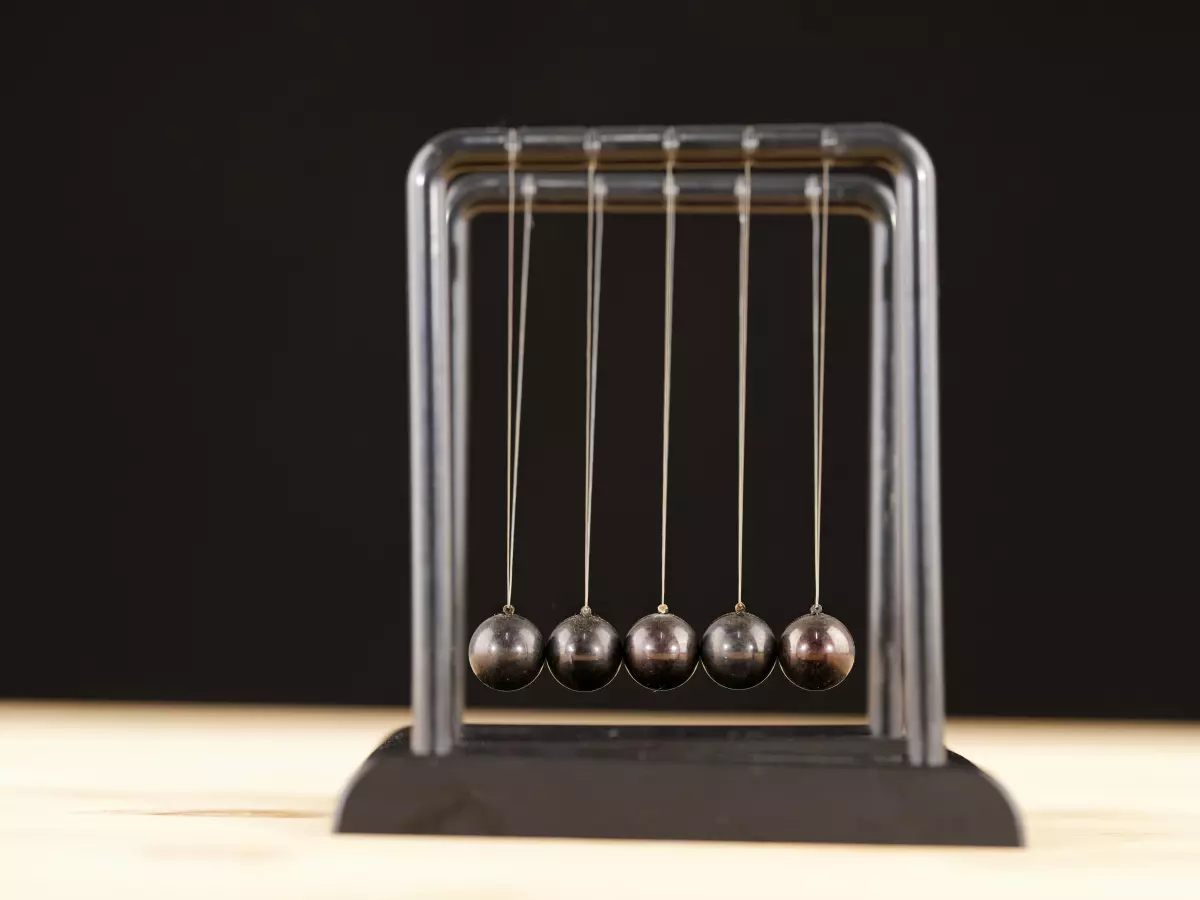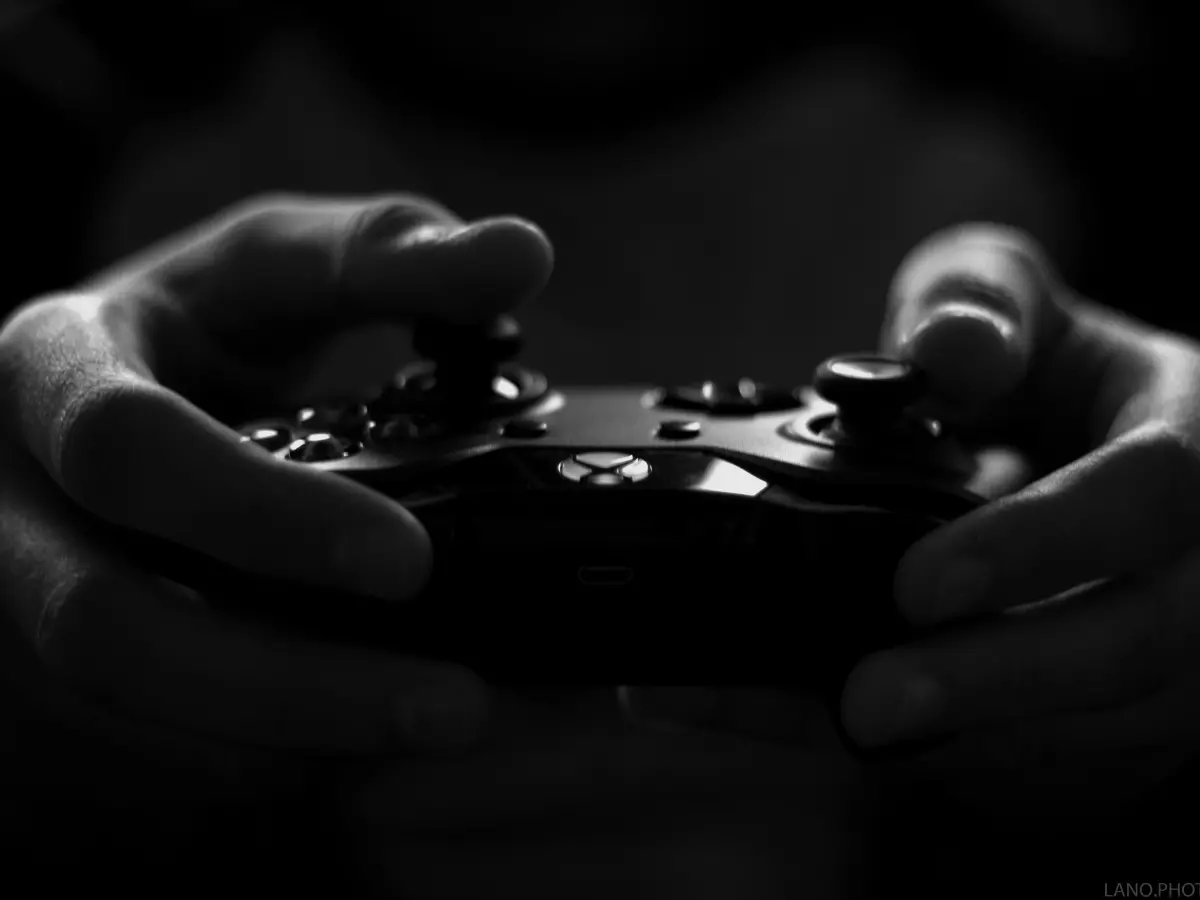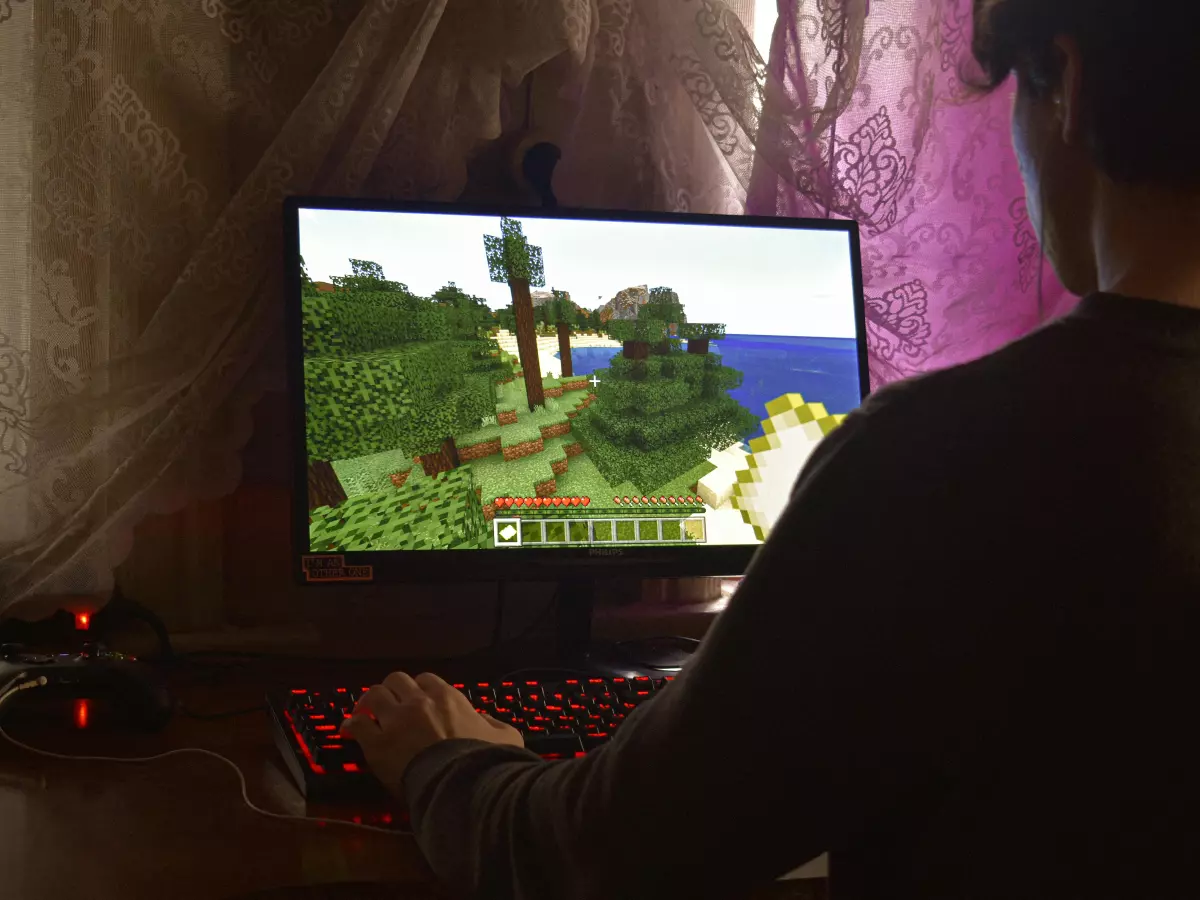AI vs. Voice Actors
What if your favorite video game character wasn’t voiced by a human anymore? Sounds wild, right? But with AI creeping into every corner of the gaming world, this could be the next big thing—unless, of course, the voice actors have something to say about it.
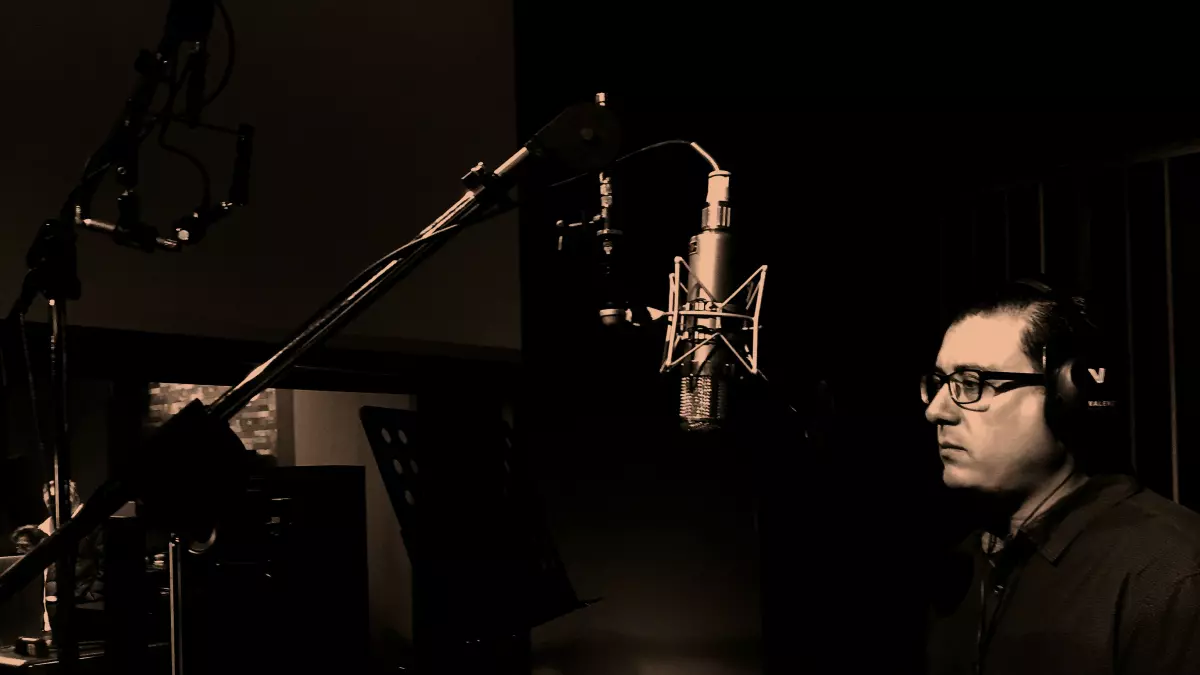
By Mia Johnson
AI is making waves in the video game industry, and not just in the way you think. Sure, we’ve seen AI-powered NPCs, smarter enemies, and even AI-driven game design. But what happens when AI starts to replace the very voices of our beloved characters? That’s the question at the heart of a heated debate between SAG-AFTRA, the union representing voice actors, and video game companies.
Recently, SAG-AFTRA announced that 80 video games have signed agreements that include protections against AI replacing human voice actors. These agreements are part of a broader effort to ensure that AI doesn’t take over the jobs of talented performers. According to VentureBeat, the union has secured these protections through tiered-budget or interim agreements, which are designed to safeguard actors’ rights in an industry that’s increasingly leaning on technology.
But not all companies are on board. One of the biggest names in gaming, League of Legends, has found itself in the middle of a storm. The game’s developer, Formosa Interactive, has been added to SAG-AFTRA’s strike list, with the union accusing the company of not doing enough to protect voice actors from AI encroachment. Formosa, on the other hand, has rejected these claims, calling the strike 'not appropriate,' according to Silicon Republic.
So, what’s the big deal? Why are voice actors so worried about AI? Well, imagine this: AI could potentially mimic a voice actor’s performance, creating new lines of dialogue without the actor ever stepping into a recording booth. That might sound convenient for game developers, but it’s a nightmare for actors who rely on their voices to make a living. Plus, there’s the question of quality—can AI really capture the emotion, nuance, and personality that a human actor brings to a role?
It’s not just about jobs, though. There’s also the issue of consent. Many actors are concerned that their voices could be used in ways they never agreed to. AI could generate new content using their voice, and they might not even know about it. That’s a scary thought for anyone in the creative industry.
So, what’s the solution? SAG-AFTRA’s agreements are a step in the right direction, but the battle is far from over. As AI continues to evolve, the gaming industry will need to find a balance between innovation and protecting the people who bring these games to life. Will AI ever fully replace human voice actors? Probably not anytime soon. But the fact that we’re even having this conversation shows just how much the landscape is changing.
As gamers, we might not think about the voices behind our favorite characters all that often, but they play a huge role in creating the immersive worlds we love. So, next time you’re playing a game, take a moment to appreciate the work that goes into every line of dialogue. And maybe ask yourself: would this character feel the same if an AI was behind the mic?
In the end, it’s not just about technology—it’s about the heart and soul that human performers bring to the table. Can AI ever truly replicate that? Only time will tell, but for now, the fight to protect voice actors is in full swing.
